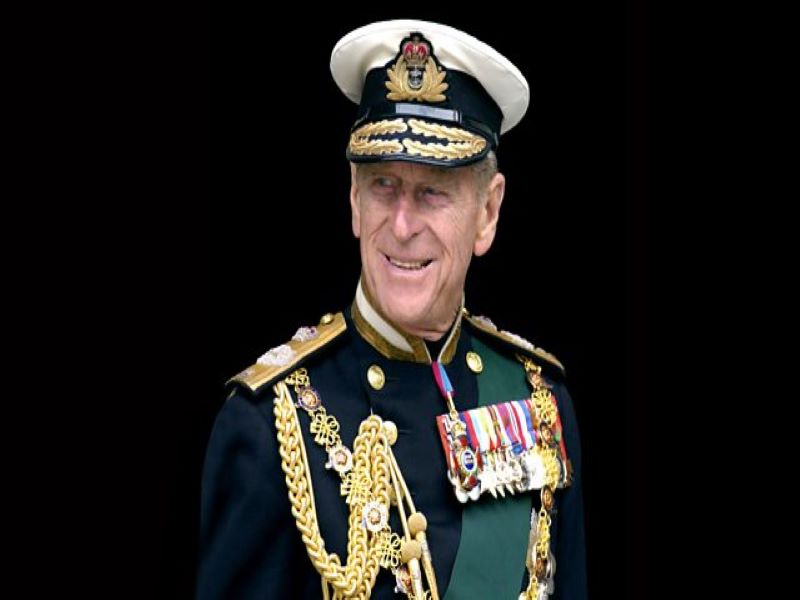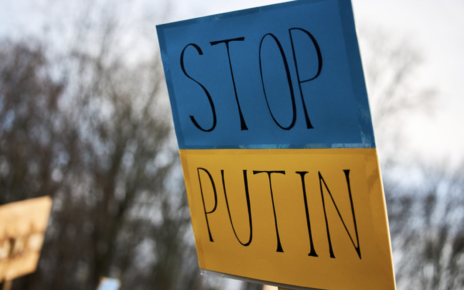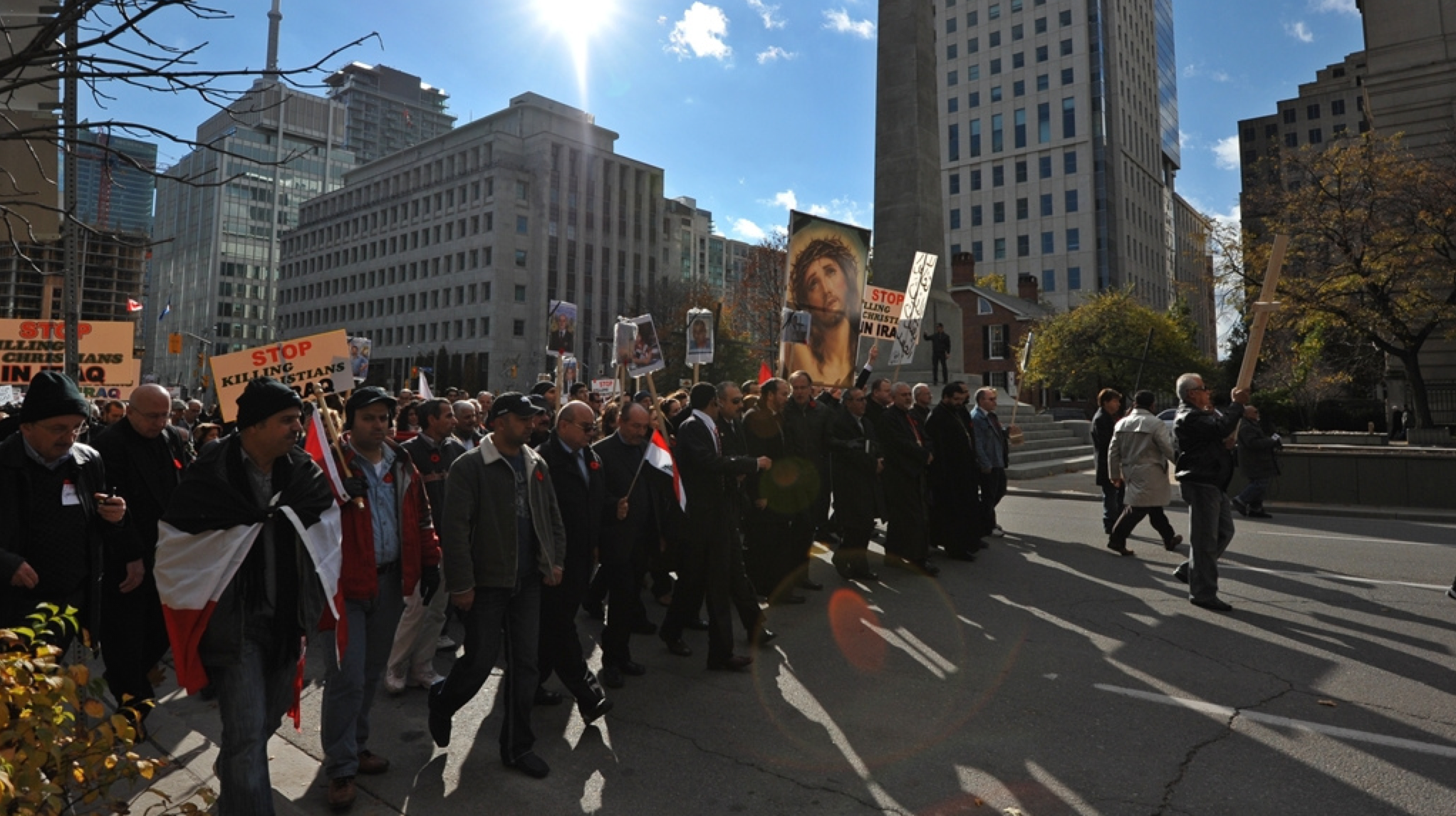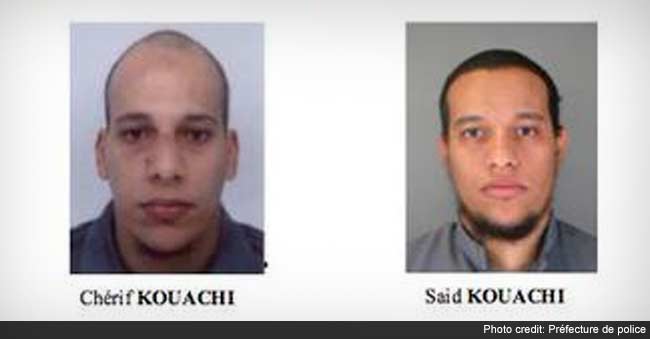On April 9, 2021, shortly after midday, Buckingham Palace announced that His Royal Highness Prince Philip, the Duke of Edinburgh, had passed away that morning at age 99, just two months before his 100th birthday. He was the longest serving royal consort in British history and was by the Queen’s side for more than six decades of her reign.
You may be wondering why this is particularly significant for Canada and for Canadians. This death is important not only for people living in the United Kingdom but also for those living in the fifteen other countries that are a part of the commonwealth realm and have a constitutional monarchy, Canada among them. Unlike in an absolute monarchy where the monarch has unchecked powers, in a constitutional monarchy the monarch is limited by the laws of the constitution. At confederation in 1867, Canadian political leaders decided to remain a constitutional monarchy. The crown is a source of nonpartisan authority in Canada, meaning that the crown has the power to govern but entrusts this power to an elected government. The monarch, Queen Elizabeth II, is the head of state, and is represented by the Governor General and lieutenant governors, with the Prime Minister as elected head of government in parliament.
It is within this structure of a constitutional monarchy that Prince Philip served not only the United Kingdom, but also all of the Commonwealth Countries, especially Canada.
Prince Philip’s military career started in 1939, when at 18 years old he began his naval career at the Britannia Royal Naval College in Dartmouth, winning two prizes for being the best cadet. A year later, he joined the battleship HMS Ramillies and spent six months on the Indian Ocean as a midshipman. He went on to serve on HMS Valiant in Alexandria, and in March 1941, two months after he joined it, was mentioned favourably in despatches for his actions during the Battle of Cape Matapan after spotting an unexpected enemy vessel with searchlights. He was then awarded the Greek War Cross of valour, the second highest military decoration of the Greek state.
Philip quickly rose through the ranks and became one of the youngest officers in the Royal Navy to be made First Lieutenant and second-in-command of a ship – the HMS Wallace in 1942. During the height of WW2 in 1943, HMS Wallace was despatched to the Mediterranean to provide cover for the Canadian beachhead of the Allied landings in Sicily. It was also during this time in July 1943 that he saved his ship from a night bomber attack by launching a raft full of smoke floats in order to distract the bombers, which allowed the ship to slip away safely. In 1944, he moved to a new ship, the HMS Whelp, as a First Lieutenant and second in command, sailing to the Indian Ocean to join the British Pacific Fleet.
A few years after the war, in 1949, Philip was appointed First Lieutenant and second-in-command of HMS Chequers, operating from Malta with the Mediterranean fleet. A year later he was appointed in command of the frigate HMS Magpie in Malta, the only vessel he would command. When Prince Philip became a royal consort in 1952, he was appointed Admiral of the Sea Cadet Corps, Colonel-in-Chief of the Army Cadet Force, Air Commodore-in-Chief of the Air Training Corps, and was promoted to the rank of commander in the Royal Navy. In 1953, he was promoted to Admiral of the Fleet and appointed a British Army Field Marshal and Marshal of the Royal Air Force. After many years of service, on August 2, 2017, Prince Philip conducted his final solo royal engagement, which was an event with the Royal Marines.
Canada had a special place in Prince Philip’s heart, as he visited or stopped over more than 70 times between 1950 and 2013. In one of his first visits to Canada in 1951 with then Princess Elizabeth, Philip commented in a speech that he “admired that Canada had preserved its independence being so close to a powerful neighbour such as the United States, and that Canada had developed a distinct culture and had its own scientific innovators and cultural innovators”.
During that same visit, speaking at the Toronto Board of Trade, Philip said, “In the British Isles, the Canadian army will always be remembered for the security they gave when invasion threatened, and the gallantry [displayed] in the fighting in Italy and North Europe. I can speak from personal experience as I was serving in a destroyer off the beaches at Sicily when the Canadian division landed there in 1943.” Much of Prince Philip’s fondness for Canada was shown through his relationship with the Canadian Armed Forces. Over his lifetime he received 11 honorary appointments in every branch of Canada’s military, and served as a Colonel-in-Chief for 5 units.
The Duke of Edinburgh was Colonel-in-Chief of the following units in Canada:
- The Royal Canadian Regiment (1953)
Petawawa, Ontario / Oromocto, New Brunswick - The Royal Hamilton Light Infantry (Wentworth Regiment) (1978)
Hamilton, Ontario - The Cameron Highlanders of Ottawa (The Duke of Edinburgh’s Own) (1967)
Ottawa, Ontario - The Queen’s Own Cameron Highlanders of Canada (1967)
Winnipeg, Manitoba - The Seaforth Highlanders of Canada (1967)
Vancouver, British Columbia
Other military honorary positions held:
- The Royal Canadian Navy (Admiral) (2011)
- The Canadian Army (General) (2011)
- The Royal Canadian Air Force (General) (2011)
- The Royal Canadian Sea Cadets (Admiral) (1953)
Ottawa, Ontario - The Royal Canadian Army Cadets (1953)
Ottawa, Ontario - The Royal Canadian Air Cadets (Air Commodore-in-Chief) (1953)
Ottawa, Ontario
Prince Philip’s last visit to Canada was in 2013, which came as a surprise as he had a few health scares in 2012. During this very short visit, Philip presented a new heavy silk tapestry to the Royal Canadian Regiment’s3rd Battalion, along with Regimental Colours. Canada’s then Governor General, David Johnson, presented Philip with a Commander of the Order of Military Merit.
In his speech to the regiment Philip said, “Your record is impeccable, whether at home or in deployment abroad. In a world where there’s so much senseless violence, the regiment has an enviable reputation for peacekeeping. I’m satisfied you will cherish these colours as a testimony of past achievement, a memorial of fallen comrades, and as a reminder of your duties in the years ahead.”
He also noted that though he “regretted” the circumstances that prevented him from seeing more of the battalion in past years, he “followed closely” the fortunes of all three battalions with “great interest and admiration.”
The loss of His Royal Highness Prince Philip’s death will be felt by people all around the world and the organizations he represented, including the 40 organizations based in Canada.
Our thoughts and prayers go out to the Queen and the rest of the Royal Family.
Photo: HRH Prince Philip the Duke of Edinburgh in Navel Uniform with Medals. Via Getty Images.
Disclaimer: Any views or opinions expressed in articles are solely those of the authors and do not necessarily represent the views of the NATO Association of Canada.




